The Arabic language has contributed a great deal to humanity's development, both culturally and in terms of education. For a long time, the rich traditions of Arabic culture have brought fresh ideas to the West, especially in the realms of mathematics, astronomy, the physical sciences, as well as literature, and Western culture has benefited greatly from these profound intellectual contributions from the diverse countries that together form the Arab world. But do you really understand why it's so important, in business terms, to learn Arabic? Are you wondering why it's worth mastering this language now, in the 21st century? The Arab world, with one unifying language and dozens of dialects, benefits from a strategic position that is unparalleled across the globe. The Arabic language, in this unique situation, serves as a link across 3 continents: Asia, Europe, and Africa. So what are the advantages and benefits of learning Arabic today?
- Most of the Arab world's nations are members of the Union for the Mediterranean (UfM), a gigantic economic project that strives to strengthen relationships between the countries of the Mediterranean.
- The Arab world holds a dominate position in the world of gas and oil production and exportation, with the Middle East accounting for 45.8% of all global crude oil exports.
- Speaking Arabic is now a valuable and incomparable asset on your resume, especially if you want to work in international trade or diplomacy.
- Lastly, links between the United States and the Middle East are very strong, with a significant shared history and increasing interactions, both commercially and culturally.
Shall we go on? Let's see... Let's look at some other reasons that studying the Arabic language is truly becoming very important in the international economic sector. See where you can get a good Arabic teacher.

The Arab World: A Strategic Position
The problems of the Arab world are also those of Africa and the West. When something happens, there are necessarily repercussions in other areas, due partly to geographic proximity, but also due to economic and financial interests that connect these places. Although the United States has in recent years, after the embargoes of the 1970s, found other sources for oil outside of the Middle East, we still get about 15% of our oil from the Persian Gulf, and across the globe, Middle Eastern oil accounts for almost 70% of the total reserves. So the countries of the Arab world are still major players internationally, and they hold a lot of influence over those markets and everything dependent on the precious crude material. FInd outstanding Arabic language courses Sydney here. 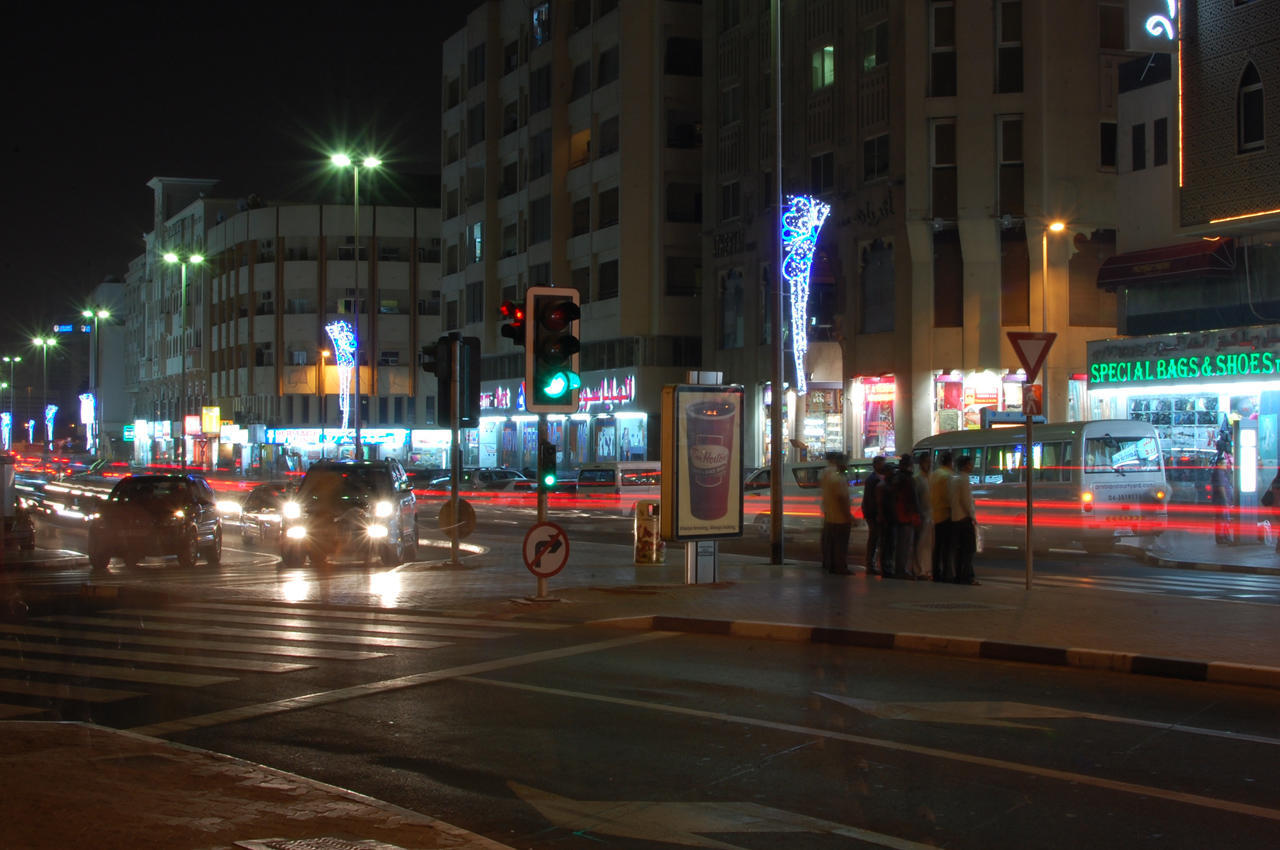
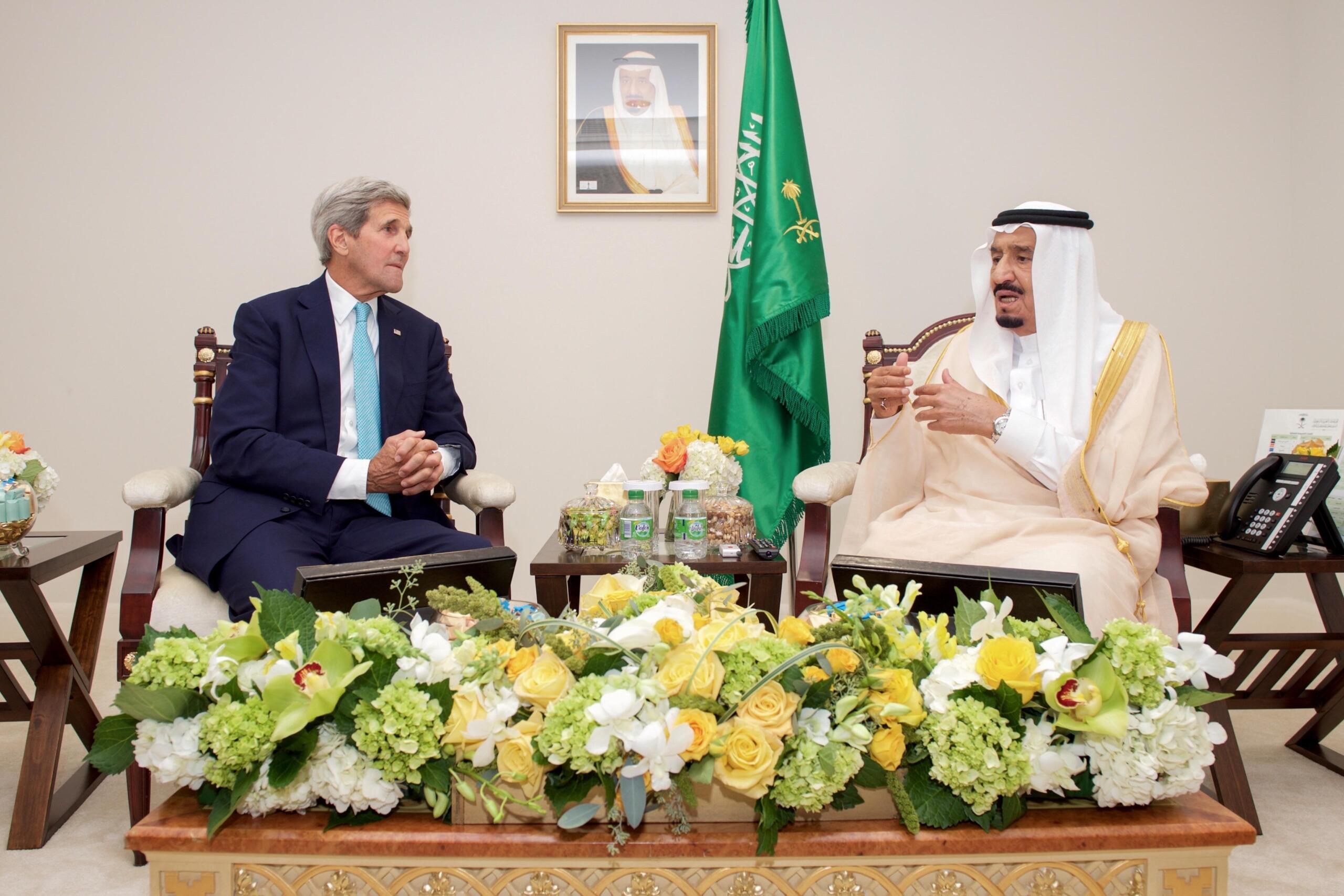
The Union for the Mediterranean (UfM)
Launched in 2008, and still perhaps unknown to a lot of Americans who don't work in international development or trade, the Union for the Mediterranean (UfM) works to promote economic cooperation and democratic reforms in 16 neighboring countries south of the European Union, in the North Africa and Middle East regions. The UfM is made up of 28 member states from Europe and 15 Arab countries: Algeria, Lybia, Albania, Bosnia-Herzegovina, Israel, Egypt, Lebanon, Jordan, Monaco, Mauritania, Morocco, Tunisia, Palestine, Turkey, and Syria, whose membership was suspended for obvious political reasons. With a number of these countries having Arabic as an official language, any Arabic speaking person would be a huge asset to the UfM. 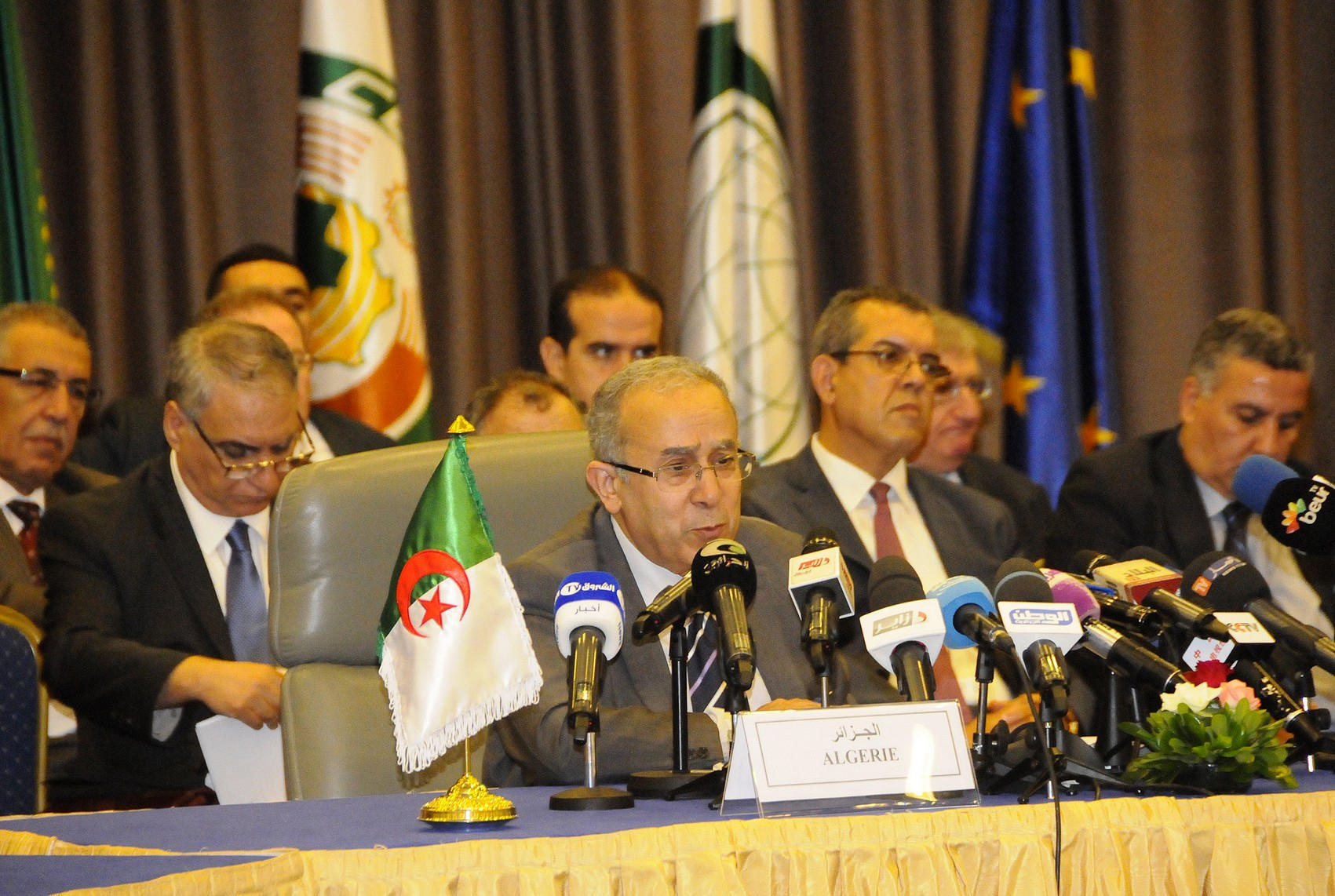
- Cleaning up the Mediterranean Sea and marine habitats.
- Establishing sea and land trade routes to more efficiently trade between main ports.
- A collective civil defense program.
- Solar energy plants.
- A Euro-Mediterranean university.
These are just some examples, but they should illustrate the enormous economic potential of the UfM. By taking arabic classes london or elsewhere, you'll have the opportunity to participate in some of these projects since you'll better understand the relationships between the Arab world and the West. The UfM wants to become a strong organization that acts together to combine resources and know-how to work towards a common goal. And if you want to be a part of it, take the initiative to learn Arabic, right now.
The Controllers of the Energy Reserves
It's no secret that the Arab world holds a very strategically powerful position in world, especially over the regions immediately surrounding the Middle East and North Africa. A significant portion of the world's oil and gas reserves are concentrated beneath the Arabian peninsula. About 30% of the world's oil production is done in the Arab world, while it's estimated that they control the rights to 65% of known reserves. And over 80% of the refined products are exported from these countries to the rest of the world's industrialized societies, making this is an area of the world which must be taken very seriously. Discover different online Arabic course here on Superprof. 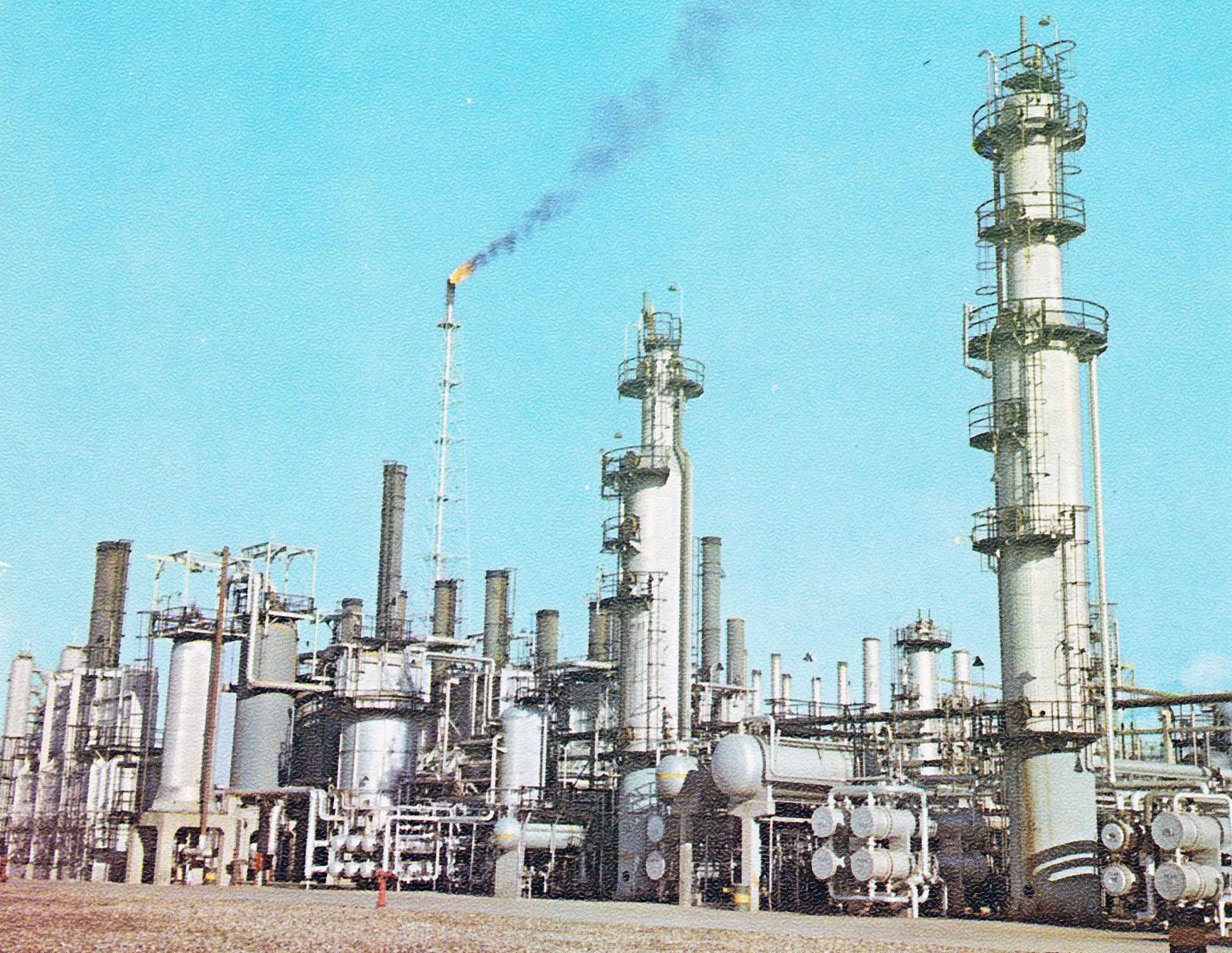
- Saudi Arabia exports 3 billion barrels of oil each year.
- Kuwait claims to have 90 billion barrels in reserve, while the United Arab Emirates claims to have 92 billion.
- Iran is responsible for producing 9% of the world's oil, with 1.5 billion barrels per year.
- Iraq sits on 112 billion barrels in reserve, while their production is currently only at a half billion barrels per year.
These numbers very easily show that the Arab world is a very important place when it comes to energy resources, especially with the production and exportation of oil. Like any language, Arabic is a complex web of adjectives, verbs, nouns and grammar, but through learning basic Arabic you will pick up enough phrases and Arabic words to have a conversational level which will allow you to work in these petro-businesses and participate in their growing economies. And a more intensive study of Arabic conjugation, reading, and writing will only enhance your proficiency to communicate with native speakers.
The Arabic Language: An Advantage for Trade and Tourism
This might seem obvious, but we'll point it out nonetheless: Arabic language learning will open lots of doors for you, especially if you want to work in the areas of trade or tourism, due to how difficult it is to learn. Mastering the Arabic alphabet or Arabic pronunciation is no mean feat. But the understanding you will gain of Arab culture will stand you in good stead to succeed in sectors such as these.
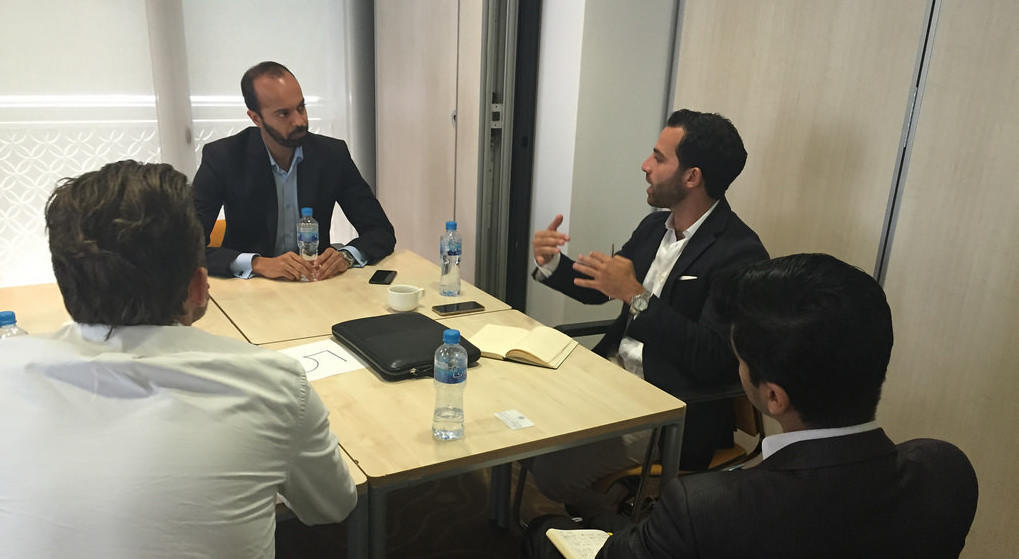
Summarise with AI:















